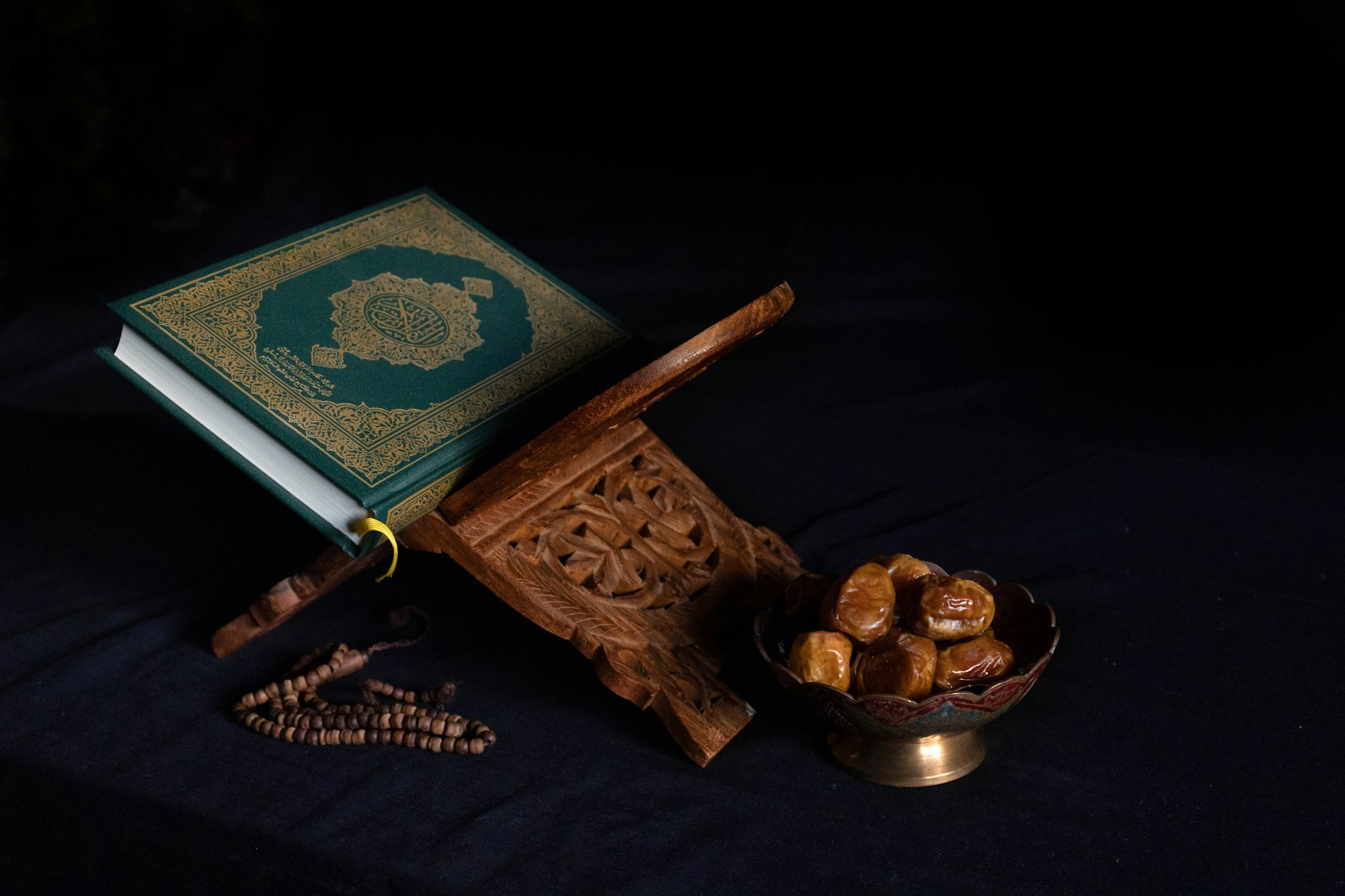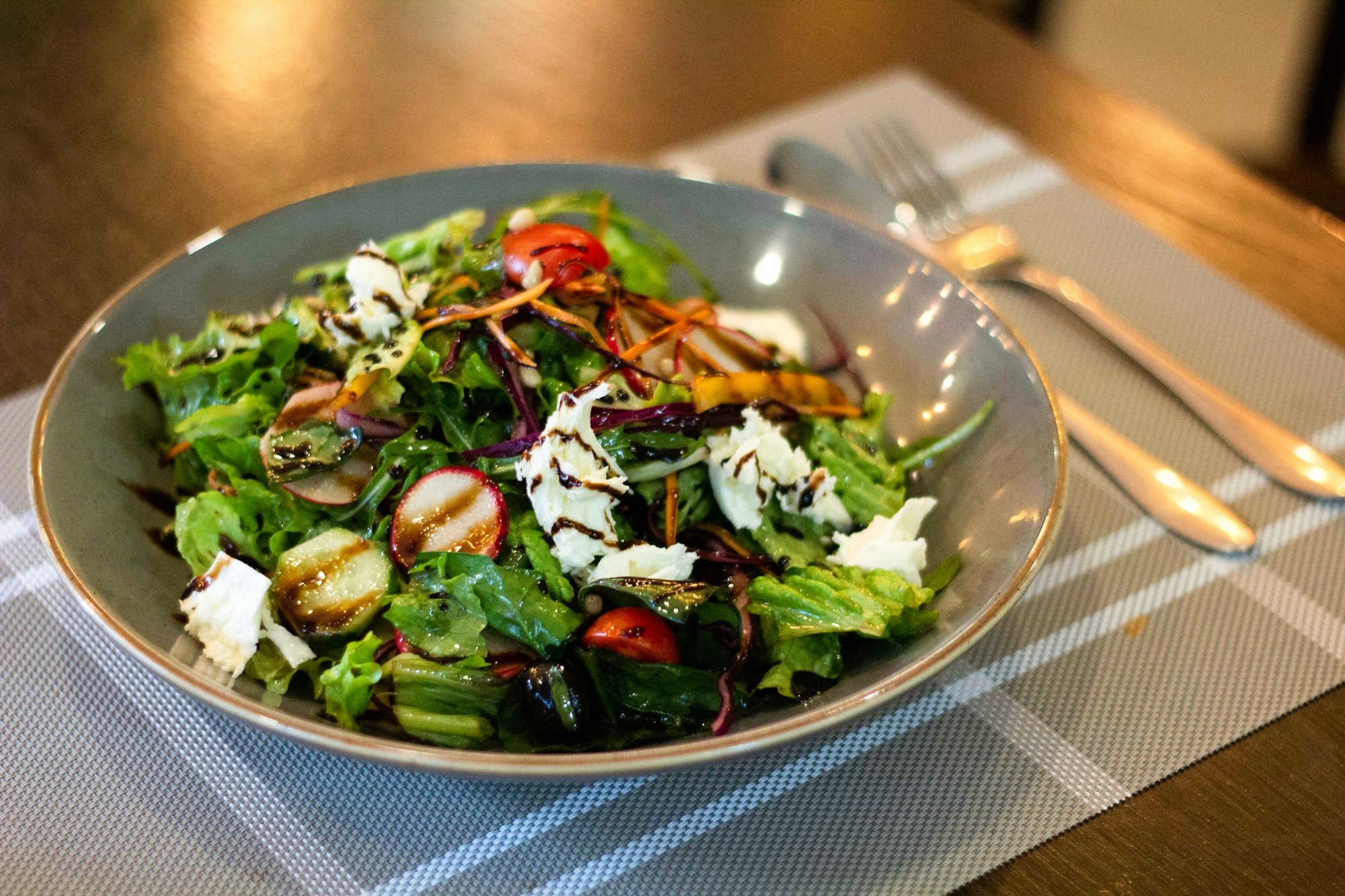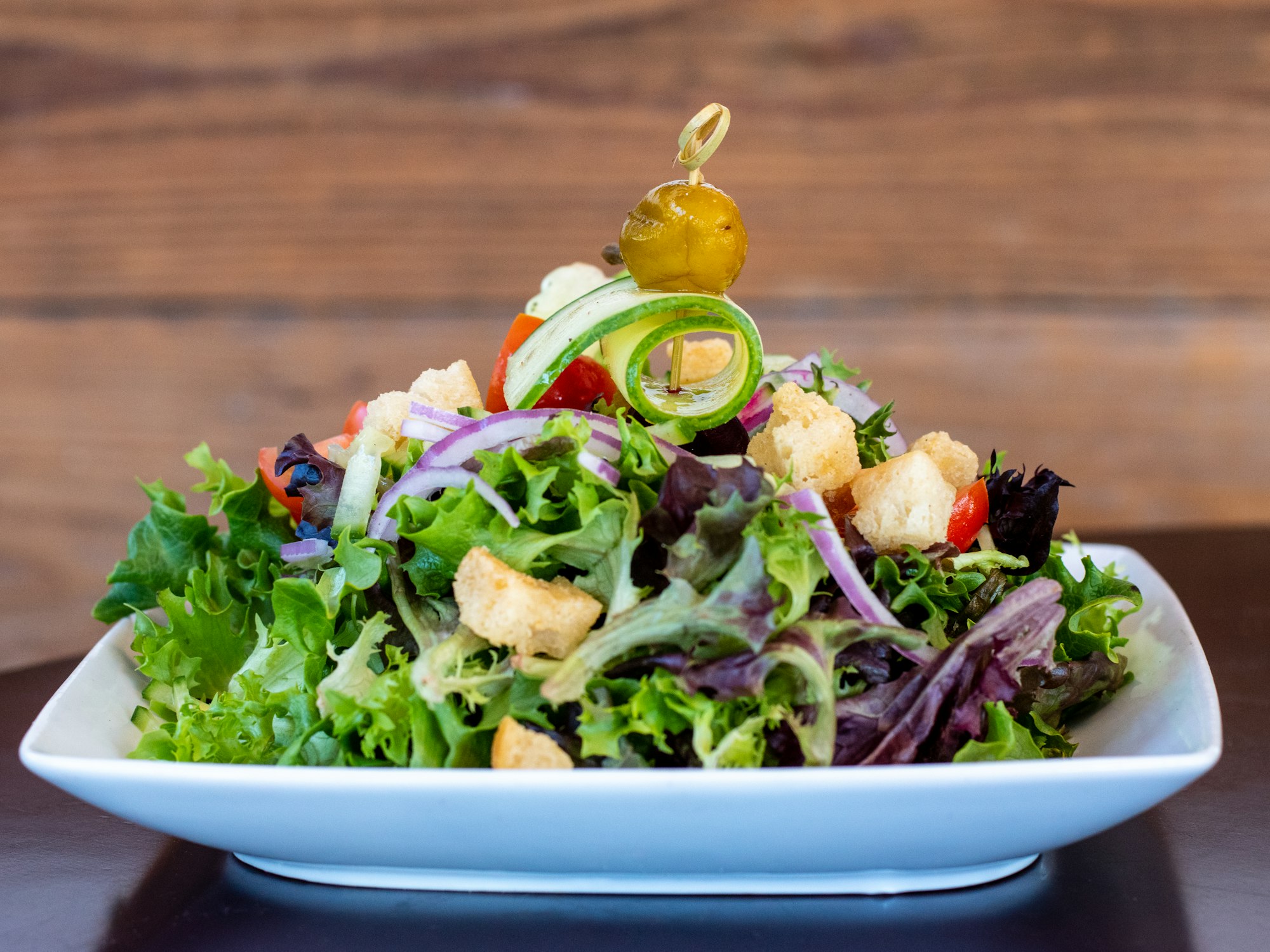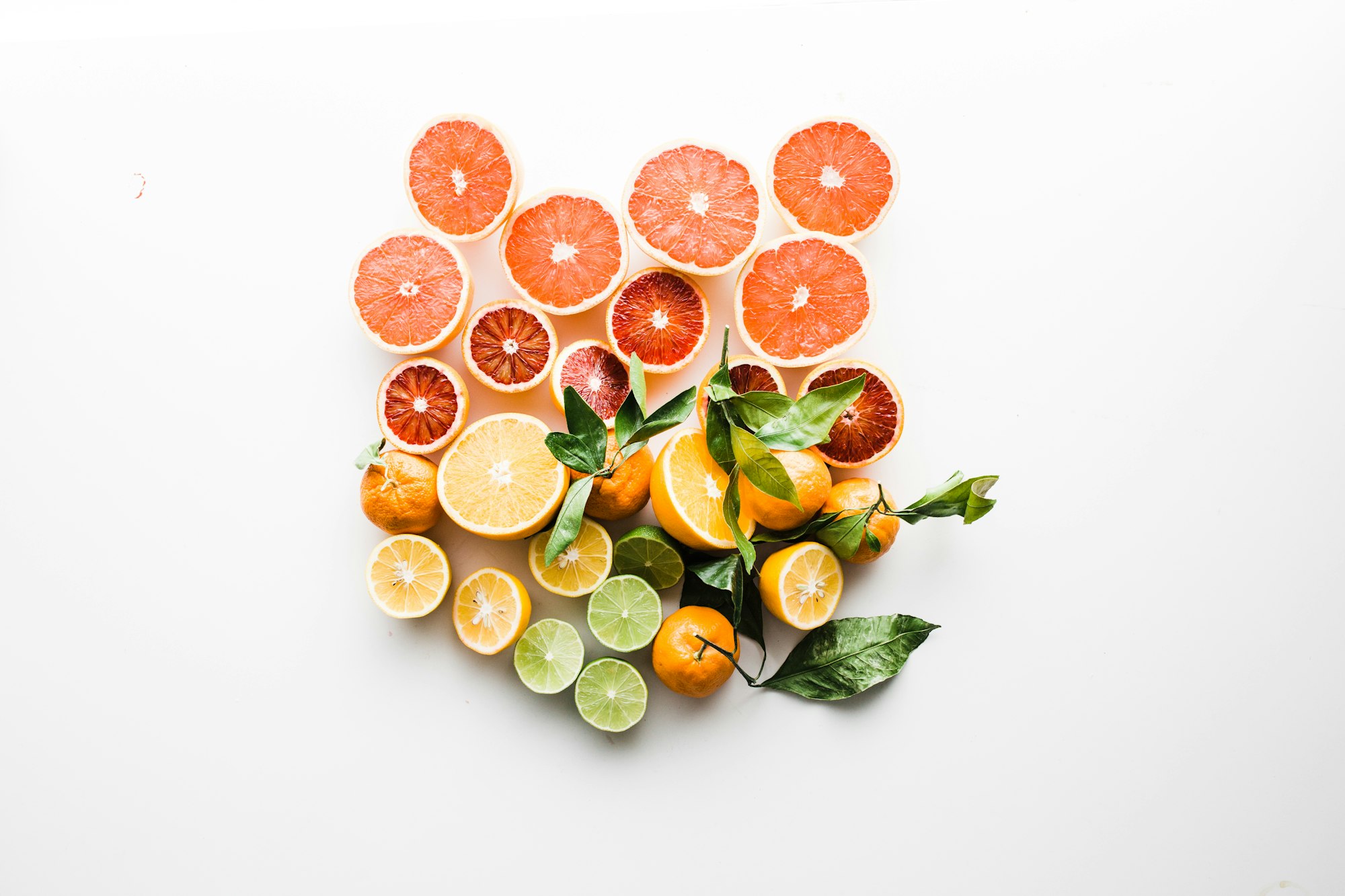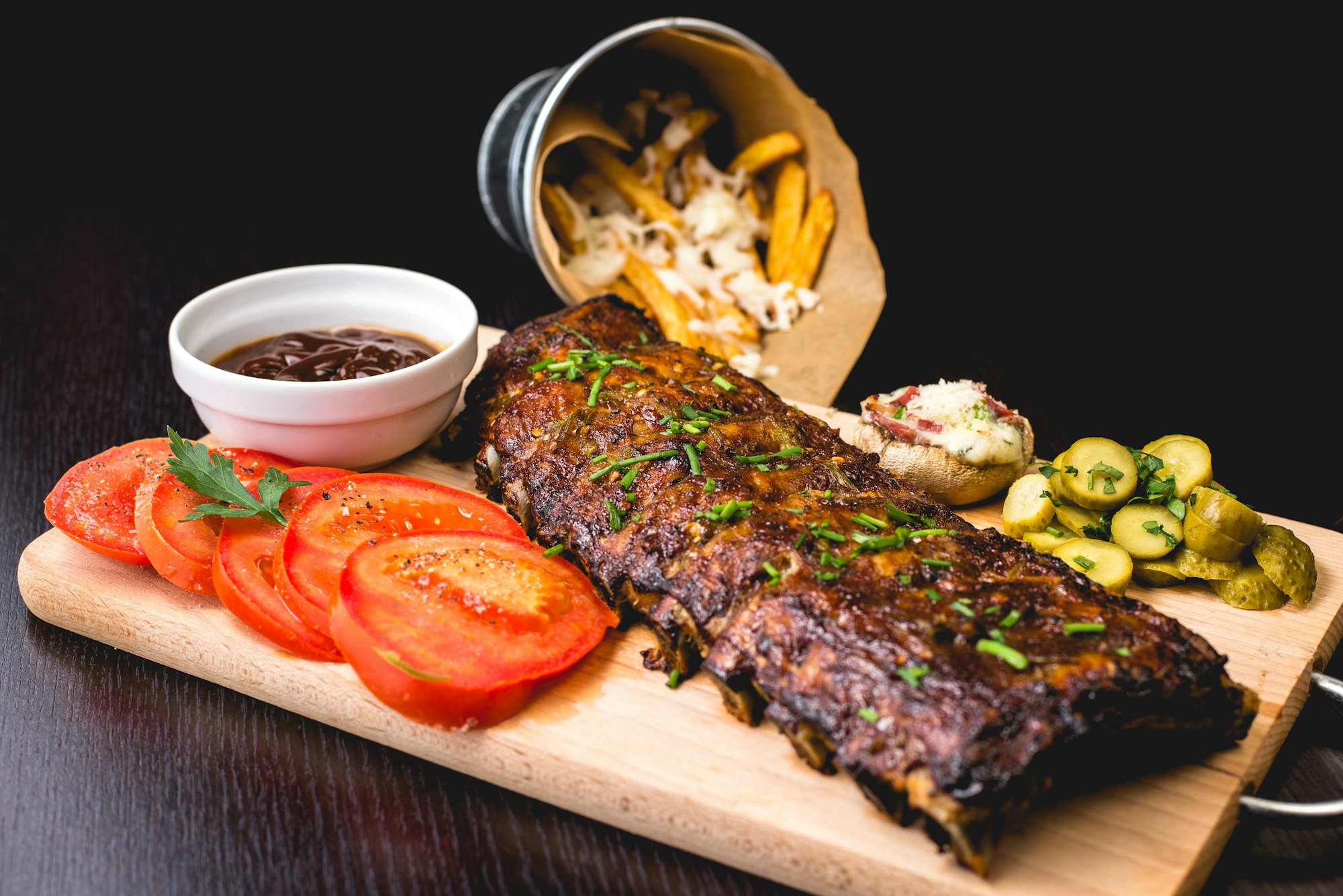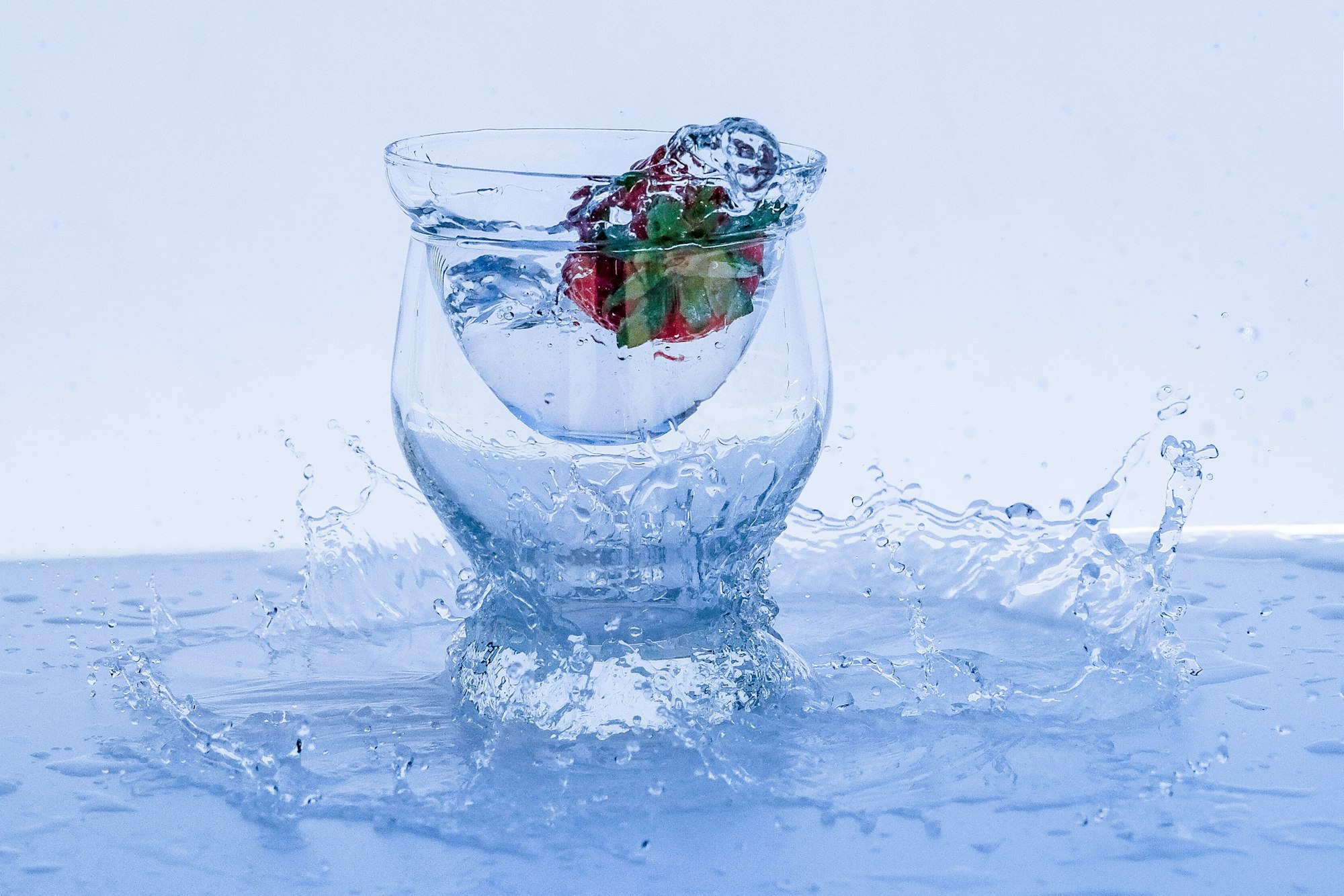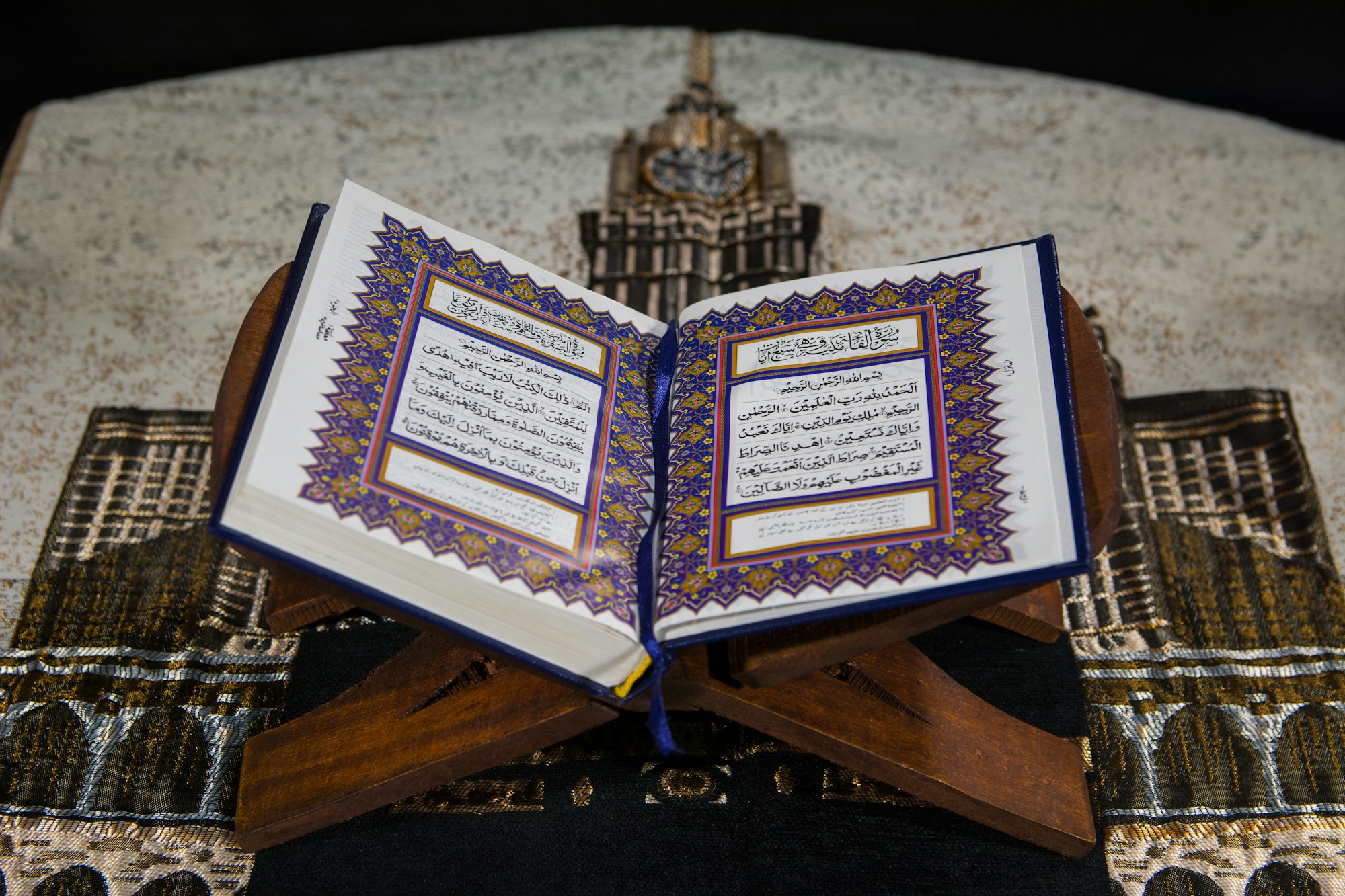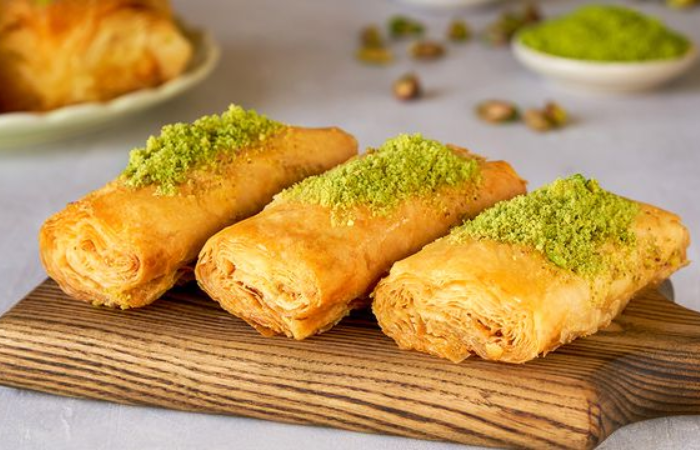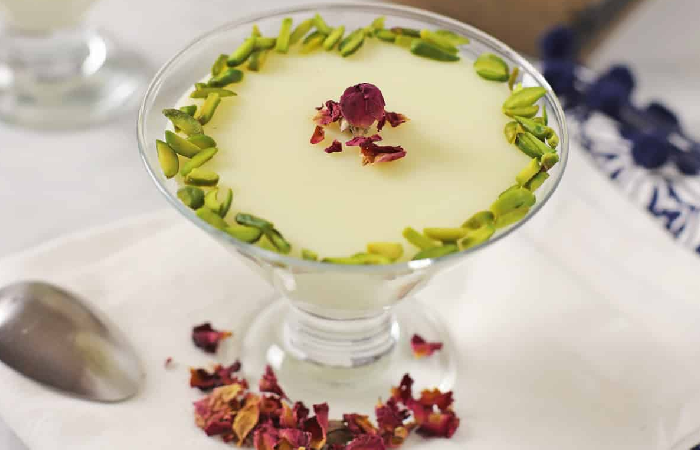Ramadan 2024- Celebrating With Halal Practices and Culinary Delights

Ramadan is the holiest and most sacred month in the Islamic Hijri (lunar) calendar. Muslims believe that during this auspicious month, the archangel Gabriel descended from heaven and gave the Message to the Prophet Muhammad Sallalhu Alaihi Wasallam.
It is the time when Muslims worldwide seek blessings from the Almighty Allah. While particular traditions may differ, every Muslim fasts, try to memorize the Quran, attend extra night prayers at their local mosque, and engage in other religious activities during this holy month.
Furthermore, actions of kindness and compassion for others are strongly encouraged, including charity to people in need. Both inside and outside of their own communities.

In Shaa Allah, Ramadan is anticipated this year in the evening of Tuesday, March 12, 2024. It is expected to conclude on Thursday, April 11, 2024. These are the tentative Ramadan dates. They may change depending on your location and moon sighting.
The Importance Of Halal Practices During Ramadan
Ramadan, a magnificent and auspicious month, is the ideal time to increase our worship. Practicing and implementing a halal lifestyle during Ramadan is essential.
According to the context of Al Maidah verse 88, the Holy Quran has clearly declared that we must pay attention to our food.
"And eat food that is lawful and good (tayyib) from what has been provided to you and fear Allah, and you believe in Him."
It is reported that Sa'ad bin Abi Waqqash asked RasulAllah SAW, "O Messenger of Allah, pray for me to Allah so that my prayer will be answered." The Messenger of Allah responded, "O Sa'ad, fix your food, and your prayer will be answered."
Choosing halal food symbolizes the Ramadan tenet of seeking God's pleasure in all parts of life. It ensures that your sustenance is received ethically and in accordance with Islamic beliefs, which strengthens your sense of dedication and purity.
The emphasis on halal encourages mindful eating throughout Ramadan. You become more aware of your choices, seeing food as a gift from God and consuming it with moderation and thankfulness.
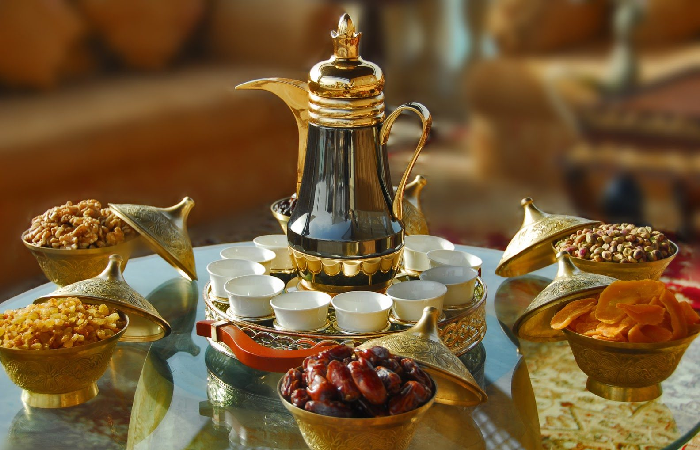
Observing halal standards eliminates any distractions and temptations associated with food and consumption. This permits you to devote more time and attention to your religious activities, such as strengthening your engagement in Ramadan rituals such as prayer and recitation of the Qur'an.
Being conscious that you are eating healthy and permissible foods will help you feel better mentally and physically. This tranquility enriches your Ramadan experience, allowing you to fully immerse yourself in the religious atmosphere.
Many traditional Ramadan recipes and food preparations are naturally halal. Sharing these delicacies with family and friends is a lovely way to honor your faith, culture, and the joys of the holy month.
Embracing Ramadan 2024
As Ramadan 2024 approaches, it's time to prepare spiritually. This holy month offers a unique chance for personal growth, strengthened faith, and a renewed relationship to Allah Almighty. Here are some tips to prepare your spirit for the joys of Ramadan:
Spiritual preparation for Ramadan 2024
-
Set clear intentions for Ramadan. Do you wish to improve your prayer, recite more Quran, or acquire greater compassion? Having a specific goal will allow you to focus your efforts and stay motivated throughout the month.
-
Take time to reflect on previous Ramadans. What worked best? What challenges did you face? Recognize your own skills and weaknesses for a more enjoyable experience this year.
-
Repent for your previous sins and seek Allah's forgiveness. This way, you will Approach Ramadan with a fresh perspective. This will open your heart to the joys and opportunities it provides.
-
As Ramadan approaches, gradually increase your prayer times and duration. This will improve your stamina and prepare your heart for the enhanced dedication expected throughout the holy month.
-
Make reciting the Quran a daily practice. Begin with small portions and gradually increase your reading volume. Seek insight through Tafseer (Quranic commentary) to strengthen your connection with Allah's messages.
-
Do Zikr Allah on a regular basis, such as Subhanallah, Alhamdulillah, Lailaha illallah, Allahu Akbar and La hawla wala quwwata illabillahil Aliyil Azeem. Actively remembering Allah Azzawajal helps you cultivate attention and presence throughout the day.
-
Consider fasting on occasion before Ramadan to help your body and mind adjust to the rhythm of abstaining from food and drink.
-
Ramadan begs for increased patience and kindness. Practice these skills in your daily interactions to better prepare for the fast's challenges and benefits.
-
Consider how you might enhance your philanthropic donations during Ramadan. To give back to your community, look into excellent charities or arrange acts of service.
Understanding The Principles Of Fasting In Islam
Fasting, also known as Sawm, is one of Islam's five principles. It has a profound impact on the lives of Muslims worldwide. However, it goes beyond merely not eating or drinking. It is a complicated exercise founded on fundamental concepts that benefits not just the body but also the mind and spirit.
The deeper goal of fasting, according to the Quran, is to develop God-consciousness, or taqwa. Taqwa signifies being always aware of God's presence. Seeking to follow the ethics and ideals of the faith at all times. Fasting serves as a reminder of the significance of maintaining self-control all year.
In the following two hadiths, the Prophet is said to have underlined this larger commitment to self-control beyond food and drink.
"Fasting is a shield, therefore when one of you fasts, he should not use vulgar language or raise his voice in anger. If someone abuses or insults him, allow him to say, "I am fasting."
The Prophet's adored daughter, Hazrat Fatima (peace be upon her), is also said to have said:
"A man who does not guard his tongue, his hearing, his sight, and his limbs from forbidden acts during his fasting has, indeed, not fasted at all."
"He who does not give up uttering falsehoods and acting according to it, Allah has no need of his giving up food and drink."
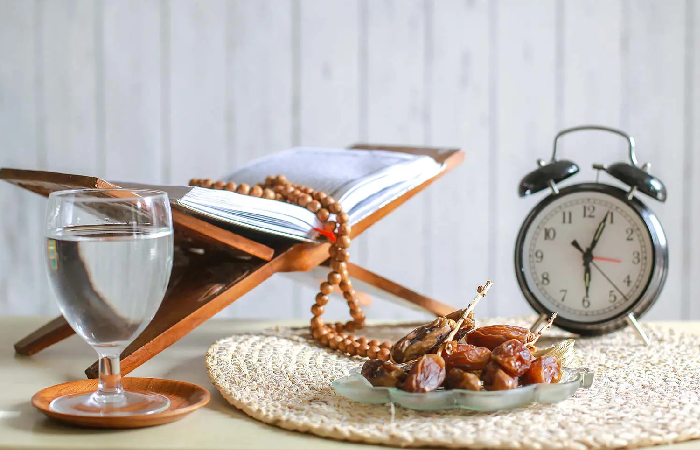
-
Fasting is fundamentally an act of obedience to God's decree, as described in the Quran and illustrated by Prophet Muhammad (PBUH). By following this practice, Muslims demonstrate their love and devotion to God, as well as their willingness to surrender to His perfect plan.
-
It teaches both the mind and the body to control themselves. Abstaining from basic desires builds willpower, promotes delayed satisfaction, and improves one's capacity to resist temptation. This promotes a sense of self-mastery that extends beyond eating to other areas of life.
-
The experience of deprivation while fasting cultivates gratitude for the blessings that are frequently taken for granted. When the fast is broken, every sip of water and bite of food becomes a precious gift, reminding Muslims of God's boundless generosity and promoting a more mindful attitude to eating.
Beyond the core principles:
-
Choosing halal food for your fast is consistent with the practice's emphasis on ethical consumerism and respect for life.
-
Fasting promotes moderation and mindful eating behaviors, resulting in a healthy lifestyle and responsible food choices.
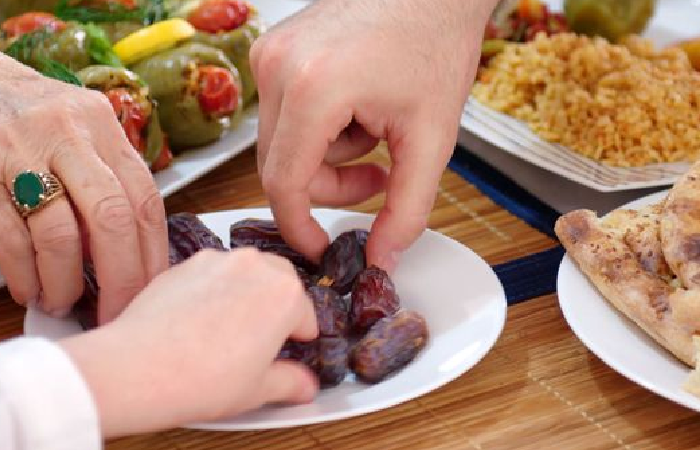
- The common experience of Ramadan builds faith and community relationships, instilling a sense of belonging and purpose.
Community And Family in Ramadan 2024: Building Bonds Through Faith
Ramadan is a time for personal introspection and community building. It urges Muslims to reflect on their behaviors and try to be better versions of themselves.

It is time to exercise self-control and strengthen faith. Even as we come together and unite, we take the time to heal and find peace.
- It emphasizes the necessity of working together as a community to help one another. Families and friends frequently join for iftars and/or visit the masjid, fostering a sense of community and accountability.
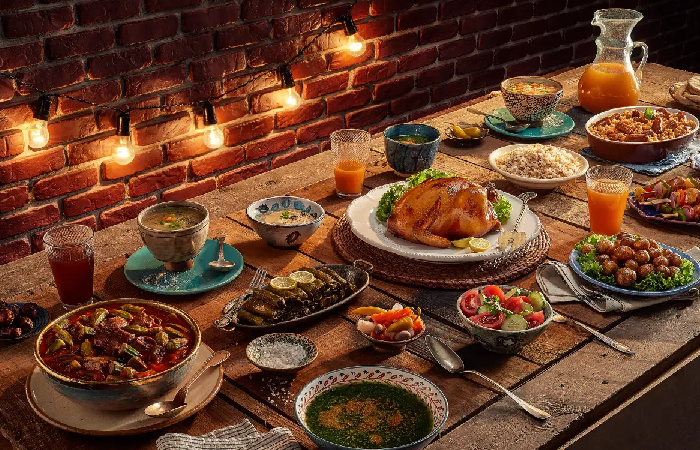
- Ramadan teaches us the need of empathy and compassion toward others. Fasting reminds us of the struggles of those who are less fortunate than us.

It inspires us to give back to our communities via charitable acts and volunteer work. Many Muslims work together to help others.
- It is also a time to forgive and reconcile. It motivates us to forgive one another and resolve any problems or misunderstandings, so creating communal togetherness and understanding.
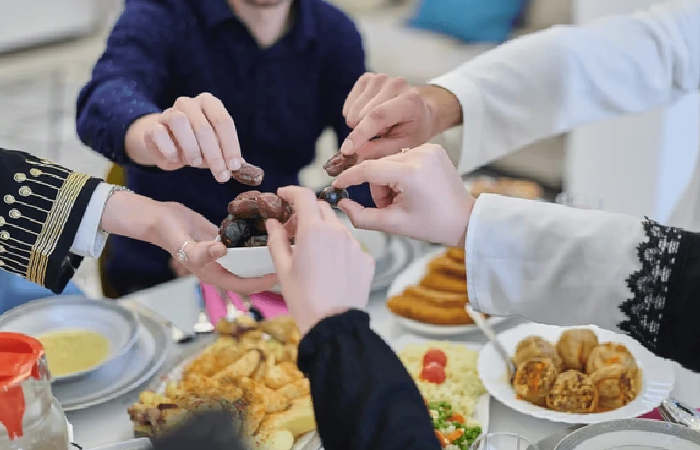
- Thus Ramadan imparts important lessons about engaging with your community in healthy and meaningful ways.
Halal Nutrition During Ramadan
Throughout the month of Ramadan, Muslims fast from just before sunrise until sunset. During the fast, no food or drink is consumed. Even thoughts must remain clean. Fasting develops patience, modesty, and spirituality in a person who observes it.
During Ramadan, Muslims throughout the world eat only two meals in general. suhoor (or sehri) before sunrise and iftar after sunset. Meals are shared with family or the local community. Suhoor and iftar meals usually include fresh fruits, vegetables, halal meats, breads, cheeses, and desserts.
The people from different regions eat different meals for suhoor and iftar. Meals are mostly served at home with family. People also eat either in community mosques or at other designated locations within the Muslim community.
The idea of halal for a product is based on its components and manufacturing techniques till it reaches the consumer. From upstream to downstream, product halalness must be ensured.
Nourishing your body throughout Ramadan is essential for maintaining energy, focus, and spiritual dedication during the holy month. While halal standards govern your food choices, maintaining a balance between pleasure and healthy habits is essential. Let's look at halal nutrition during Ramadan.
- To stay full and rejuvenated consume lean protein. Chicken, fish, lentils, and beans are some of the alternatives available.
- It is critical to consume fiber-rich fruits, vegetables, and whole grains. Brown rice, bulgur wheat, quinoa, and so forth. They promote long-term energy and digestive wellness.
- Water is a necessary component of our nutrition that cannot be ignored. To stay hydrated throughout suhoor and iftar, drink plenty of water, fruit drinks, and soup.
The Role of Suhoor And Iftar In Maintaining a Healthy Fasting Routine
During Ramadan, Suhoor and Iftar are essential for keeping a healthy and fulfilling fasting routine. They aren't just meals. They serve as important fuel stops along your path of spiritual development and self-discipline. Let's look at their particular significance:
Suhoor provides your body with the energy it requires to perform during the day. It's time for quiet meditation and prayer. Nourishing your body and faith sets the tone for a focused and spiritually filled day.
According to the Prophet ﷺ, "Eat suhoor, for there is blessing." (Bukhari, 1923)
For Suhoor:
Its a good idea to eat such food for Suhoor which are fluid-rich, starchy, with high-fiber, and whole-grain. This helps to maintain sufficient reserve of energy and avoid constipation.
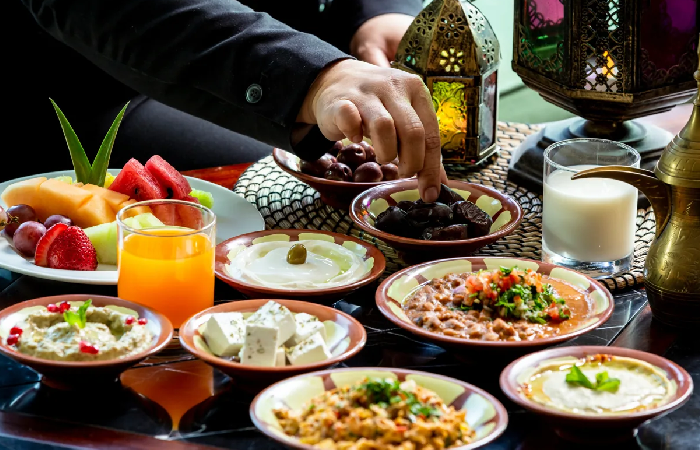
Oatmeal, high-fiber cereals, rice, couscous, yogurt, and wholemeal bread are all excellent choices.Prioritize complex carbohydrates, proteins, and healthy fats to keep your body running throughout the day.
Iftar is a time to share delight and contemplate with family and friends. Enjoy the great halal cuisine, have meaningful conversations, and enjoy Ramadan together.
For Iftar:
For Iftar, it is best to drink plenty of fluids, eat low-fat, fluid-rich dishes, and consume some natural sugars for energy.
- In terms of drinks, water and milk are the best options, followed by pure fruit juice. Water delivers hydration without any additional calories or sweets. Drinks based on milk and fruit contain natural sugars and minerals. Avoid consuming drinks which are rich in sugars.
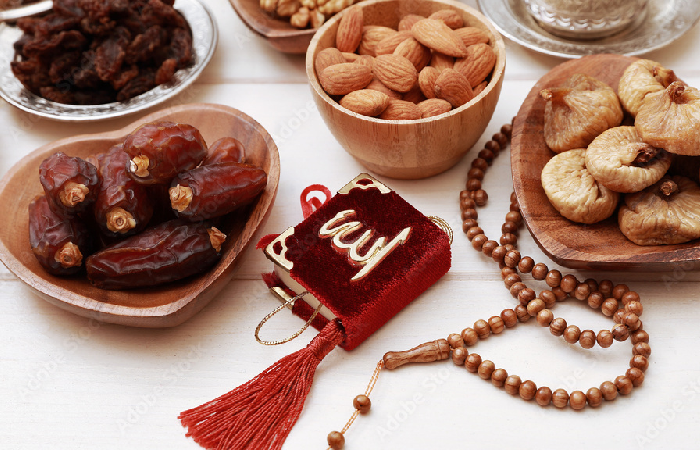
- Dates contain natural sugars and are a proven Sunnah of the Prophet Muhammad SAW. Dates are traditionally eaten as Iftar food in many Muslim communities. Aside from sugar, they also include nutrients like as potassium, copper, manganese, and fiber.
Nutritional Tips For A Balanced Halal Diet During Ramadan
- Choose a well-balanced Diet. You can include lean protein, complex carbohydrates, vegetables, and healthy fats.
- Turmeric, ginger, cumin, and cinnamon are all flavor enhancers with anti-inflammatory qualities. Try incorporating them into your meals.
- You may cook healthier by grilling, steaming, or baking.
- Healthy snacks like fruits, nuts, and yogurt can help.
- Avoid sugary snacks, which provide brief energy but then leave you weary. Choose natural sugars from fruits or homemade delights such as dates or honey.
- Meal planning and preparation help you save time and make healthier food choices.
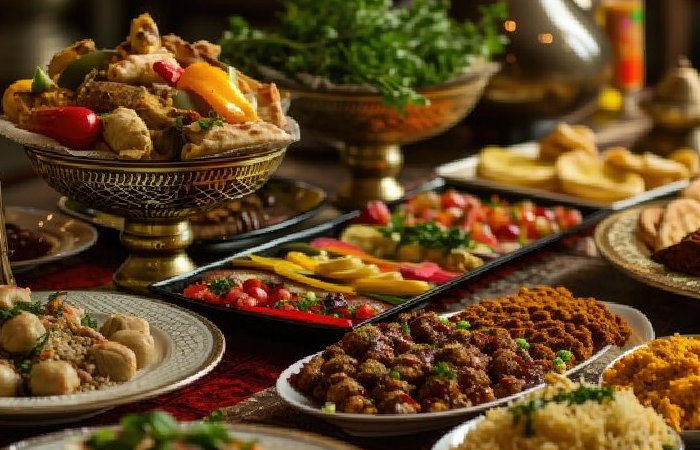
- Stock your pantry and refrigerator with nutritious halal foods like as fruits, vegetables, complete grains, and legumes.
- Explore online resources and cookbooks for delicious and healthy halal recipes to spice up your meals.
- Enjoy your food, chew gently, and stop when you're satisfied. Do not overeat only because it is Ramadan.
- Maintain proper hydration throughout the day, especially during suhoor and iftar.
- If you have any health concerns or need specific counsel, speak with a qualified dietitian or nutritionist.
Ramadan Food Recipes - A Halal Culinary Journey
This is a compilation of recipes suitable for anyone fasting throughout Ramadan. If you're looking for suhoor meals to enjoy before the day begins, try a date shake or zaatar manakeesh.
Search for dozens of iftar meals to break your fast at sundown, including fattoush, crushed lentil soup, kafta, and shawarma. Don't forget about desserts like quick baklava, kanafa, and tahini cookies for breaking your fast and celebrating Eid Al Fitr.
Introduction to Halal Food Recipes for Ramadan
Stay nourished, invigorated, and satiated with these great Ramadan recipes, which include classic Middle Eastern meals ideal for suhoor or Iftar! They all have a basic modern twist and offer excellent nourishment and fuel when fasting.
Traditional Iftar:
Chicken Shawarma (A step-by-step cooking guide)
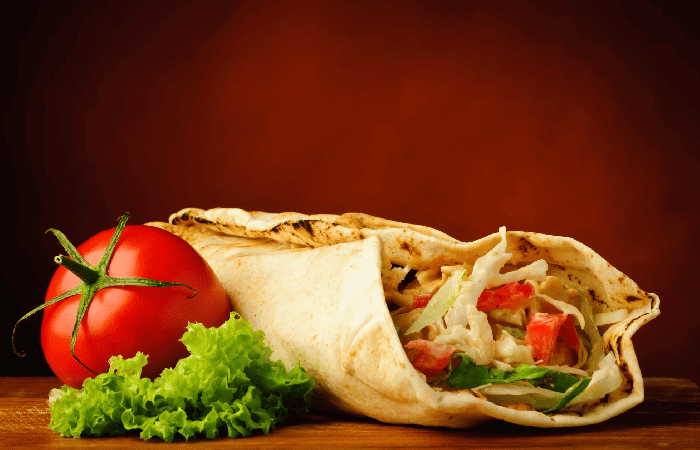
Ingredients Needed
- Chicken: chicken (thighs and breasts).
- Oil: For marinating, use olive oil. You can also use a neutral oil, like avocado or canola.
- Lemon juice: use fresh lemon juice rather than bottled.
- Seasonings include garlic, salt, cardamom, paprika, cumin, crushed red pepper, and cinnamon.
Preparation:
- In a bowl, whisk together garlic, salt, cardamom, paprika, cumin, crushed red pepper, and cinnamon. Add oil and lemon juice.
- Then coat the chicken. Cover and refrigerate for almost an hour.
- After an hour, arrange the chicken pieces on a prepared baking sheet. Roast in a preheated oven, flipping halfway through.
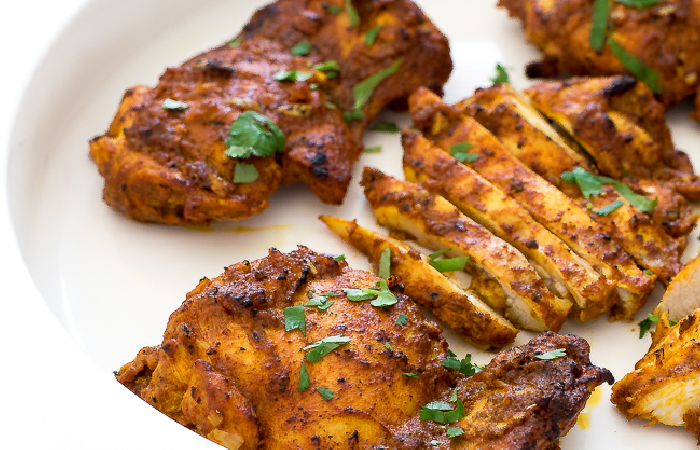
- Allow the chicken to rest before slicing. This helps to make them more juicy.
- You may then transfer the pieces to a skillet with the fluids to brown the chicken and add flavor. This is an optional step, but I strongly encourage it if you have the time.
What to Serve with Chicken Shawarma
- I like to serve oven-roasted chicken shawarma street style, in pita with pickles, tomatoes, lettuce, and garlic or tahini sauce.
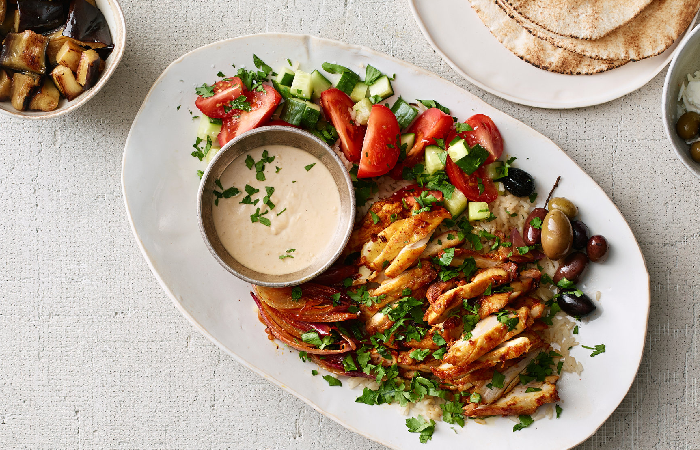
- It's delicious on its own or with a rice dish like Lebanese Rice.
- For a low-carb supper, try Cilantro Lime Cauliflower Rice.
- You can also serve it simply as Chicken Shawarma Salad. Pickled turnips provide an extra burst of flavor!
How to Store and Reheat Chicken Shawarma:
Storage:
- Once cooled, place the chicken shawarma pieces in an airtight container, reserving any fluids, as these help to keep the chicken moist.
- Store it in the fridge.
Reheat:
- The best way to reheat chicken shawarma is in a skillet over medium heat.
- Heat the chicken pieces with a small amount of the reserved juices or a dash of olive oil until warmed through.
- This procedure keeps the chicken juicy and can return some of the crunchy edges.
- Alternatively, you can use a microwave, but make sure it is covered and heated in brief bursts to avoid drying out.
A Nutritious Suhoor meal
Suhoor must be nutritious to provide enough energy to last through the lengthy hours of fasting. Suhoor should consist of the following foods:
Fruit and vegetable
Fruits and vegetables which are high in fibre are vital while fasting. They improve satiety and help prevent constipation. They contain vitamins, minerals, and phytochemicals, which are necessary for good health.
Rice and substitutes
High-fibre carbohydrate foods, such as brown rice and wholemeal bread, take longer to digest, allowing you to stay energized for longer.
Meat and alternatives
Skinless chicken, fish, and low-fat dairy products are excellent sources of protein while reducing fat consumption.
They help to repair and renew body tissue. They also improve your immune system. Consuming calcium-rich dairy products promotes bone strength. Lactose intolerant individuals can select lactose-free or calcium-fortified soybean milk.
Preparation Tips:
- Prepare your Suhoor the night before or go with quick and easy options to avoid last-minute selections and adverse choices.
- Discover interesting and delectable halal dishes to make Suhoor a highlight of your Ramadan ritual.
- Protein helps to retain muscle mass during the fast, which is important for reducing fatigue and improving general health.
- Mix and match protein sources throughout the week to ensure you obtain an extensive array of essential amino acids.
Lebanese Ful Medames For Suhoor
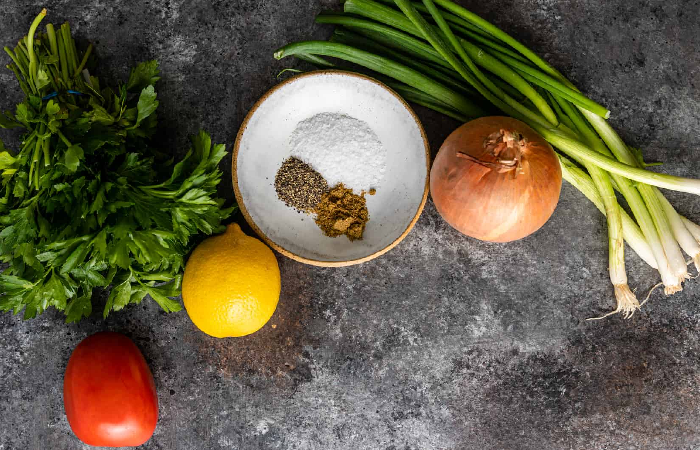
Ingredients
- Fava beans
- Olive oil
- Cumin, and
- Fresh vegetables.
Preparation:
- Wash the Fava beans and drained the water
- Place them along with the cumin, in a small sauce pan
- Fill the pan with water until the beans are fully immersed.
- Bring the mixture to a boil.
- Reduce to a simmer until most of the water has been absorbed.
- Smash the beans with the back of a wooden spoon occasionally.
- When the ful is finished cooking, serve it in a bowl surrounded by your favorite vegetables.
- Include tomatoes, radishes, green onions, pickles or cucumbers, olives, and fresh herbs such as mint.
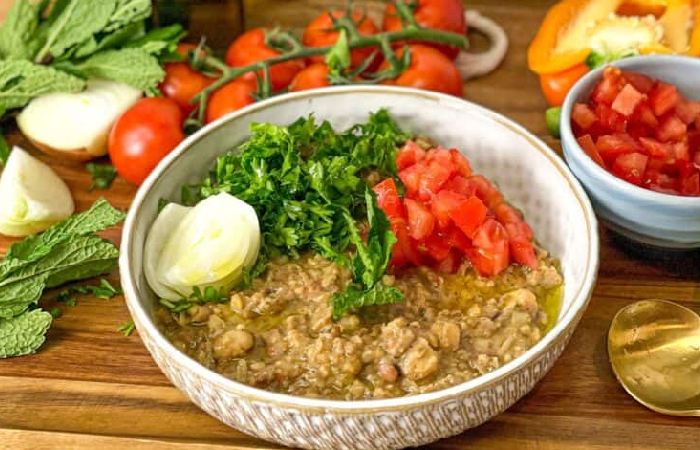
- You can chop tomatoes to serve with the ful
- Make a sauce with olive oil, lemon parsley, garlic, and jalapeño peppers.
A Refreshing Halal Beverage for Hydration
Staying hydrated is crucial even before the fast starts. Drink plenty of water throughout Suhoor to refresh your body and avoid dehydration later.
Before the busy day begins, hydrate and relax with a cup of relaxing herbal tea, such as chamomile or ginger.
Chia Fresca
Chia fresca is a simple, healthy and refreshing beverage. Chia seeds are soaked in water and sweetened with honey. Lemon is also added to create this natural energy drink with a shot of vitamin C. They also look pretty cool!
Ingredients:
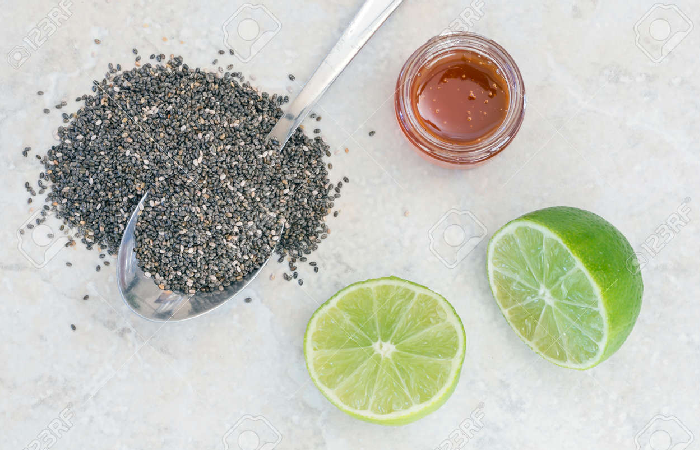
- Water: Regular tap or bottled water works perfect.
- Chia seeds: A tablespoon of chia seeds per drink.
- Honey: Use it as a natural sweetener. But you can skip it if you prefer.
- Lemon: For a vitamin C boost. You could also use lime juice.
Preparation:
- Combine the chia seeds and water.
- Allow to sit after stirring thoroughly.
- Stir again when the mixture separates and clumps after a few minutes.
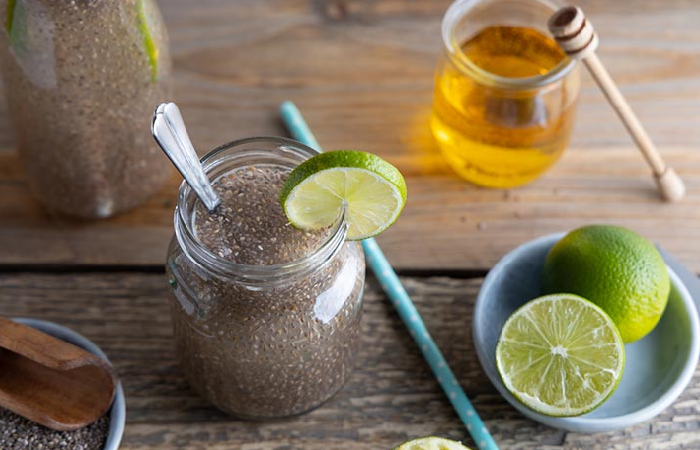
- Pour some honey.
- Add the lemon juice.
- Stir to blend one more time, make sure there are no lumps.
Your refreshing health drink is ready to enjoy!!!
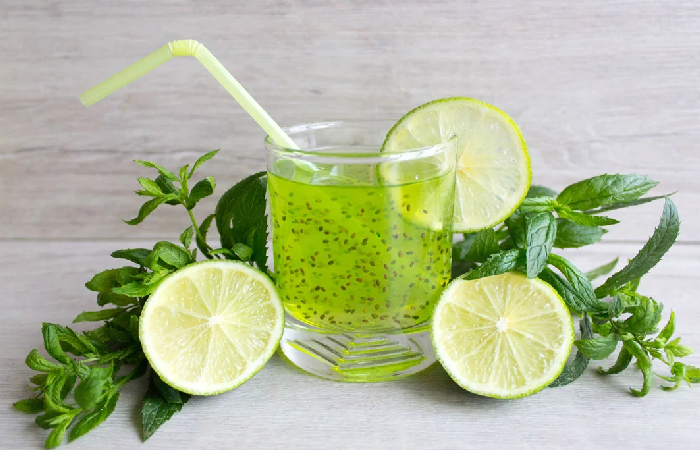
You can add coconut water instead of plain water and also add stawberry juice or cucumber juice to make the chia fresca with your own varients.
Celebrating Ramadan Nights and Eid al-Fitr
Ramadan nights are a time for families and friends to gather, and they are frequently marked by festivities and special meals. Many mosques have unique prayers called salat al-tarawih, in which the entire Qur'an is recited gradually during the month.
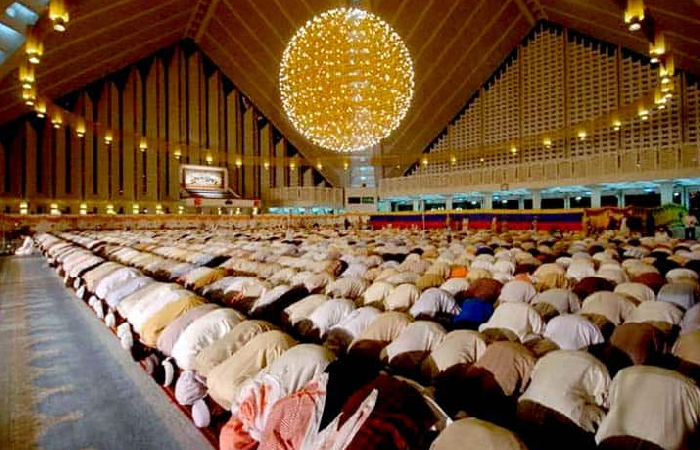
On Laylat al-Qadr, the "Night of Power" when Muhammad received the first verses of the Qur'an, most of the community congregates at the mosque for collective devotion and celebration.
This includes extended nightly prayer services, salat al-tarawih, collective du'a, recitation of litanies, speeches and talks, and the distribution of special treats and desserts.
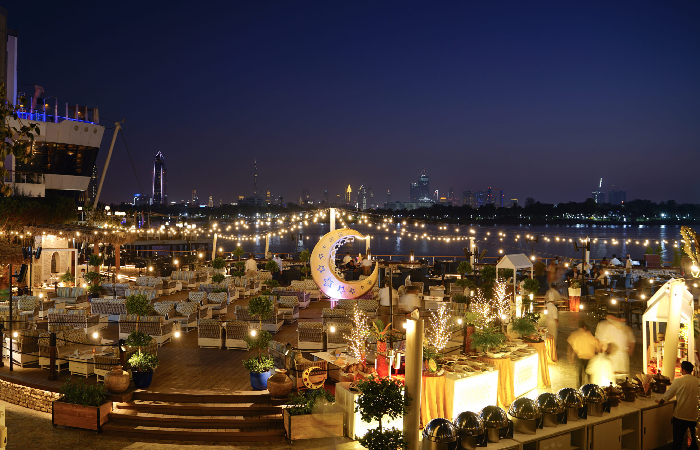
Many people stay up all night praying, reciting the Qur'an, participating in collective festivities, and sharing a suhoor with others.
Eid Al-Fitr
Muslims celebrate Eid al-Fitr, at the end of month long fasting. The day begins with a special prayer service at the mosque, known as salat al-Eid.
-
This includes performing the Eid salat, followed by a sermon from the imam. Many Muslims attend with their families and children, dressed in their finest attire.
-
Following the prayer service, many mosques hold festivals and carnivals featuring food, games, and rides for children, as well as bazaars and other merchants.
-
Some Muslims undertake additional acts of generosity on Eid in addition to paying the mandatory zakat al-fitr, a one-of-a-kind alms giving for the poor.
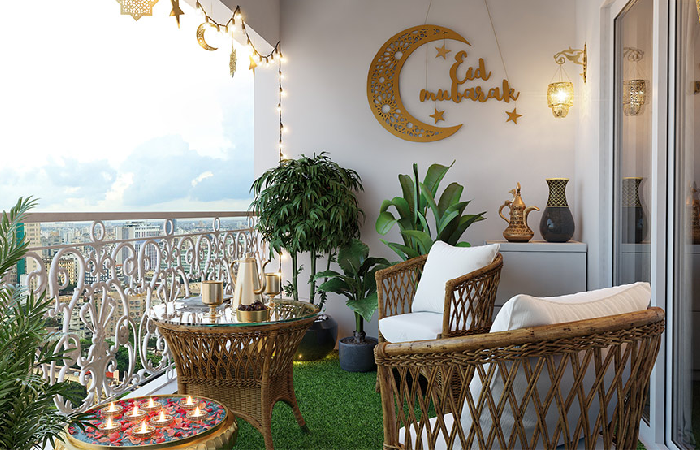
-
Eid al-Fitr is also a time for Muslims to visit friends and family. Many spend two or three days celebrating with them.
-
Children wear new clothes and jewelry. They receive toys and other gifts. Parents teach them the value of fasting and serving Allah Azzawajal during this month.
-
The importance of feasts, festivals and celebrating them with friends, family, and the community is also taught to the children.
Cultural And Religious Significance of Laylat al-Qadr
Laylat al-Qadr, is also known as the "Night of Power,". It celebrates the night of the first revelation of the Holy Quran by Allah Azzawajal to Prophet Muhammad sallalhu alihi wasallam through the angel Gabriel (Jibrīl). This night is believed to be better than a thousand month.
This event happened in the cave of Hira. It occurred during the last ten nights of Ramadan in 610 CE. The exact night still remains unknown.
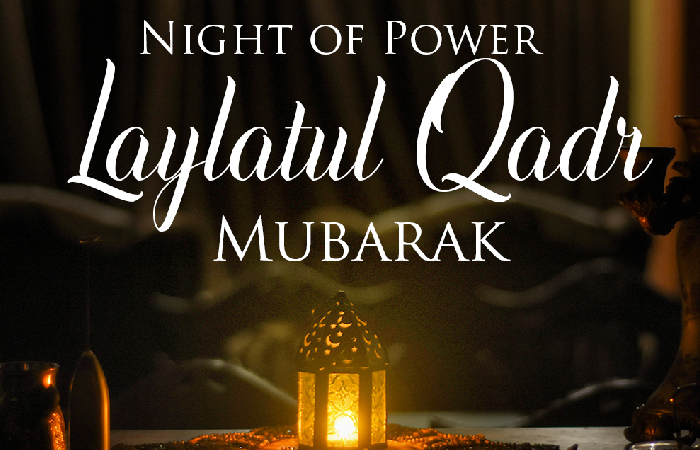
As a result, the dates of annual celebrations of laylatul Qadar vary throughout the Islamic world. Muslims prefer to do night vigil on alternate nights of the last ten days. But it is mostly observed on the night of 26th of Ramadan.
"We did indeed reveal this on the 'Night of Power'. And what will you learn about the night of power? The Night of Power is better than a thousand months. The Angels and the Spirit descend By Allah's permission, with all Decrees. "Peace!...it is until the emergence of Dawn!"
Surah Al-Qadr
Dua for Laylat al-Qadr
The most beautiful dua for Laylat-al-Qadr is one that the Prophet (PBUH) taught Bibi Aisha (R.A.).
She allegedly asked the Prophet (PBUH): "O Messenger of Allah, if I know which night is Laylat al-Qadr, what should I say?" He said:
"Say: اللَّهمَّإنَّكعفُوٌّتُحبُّالعفوَفاعْفُعنِّي
Allahummainnakaafuwwuntuhibb al-Afwafa'fu anni
(O Allah, You are All-Forgiving, and You love forgiveness; so, pardon me)."
Halal Recipes for Eid Gatherings
Bakhlava:
Baklava is a delicious traditional Middle Eastern desert. It is popular globally.
Preparation:
- Take Layers of flaky phyllo pastry and fill them with a delicious mixture of chopped nuts.
- Sweeten these nuts with honey or syrup and flavour them with cinnamon and cardamom before filling.
- You can use Pistachio, Cashews, Almonds and Walnuts.
- Bake it in the oven until golden brown.
- Add sugar syrup over it and let it cool
- Baklava, has a tantalizing combination of textures and flavors.
- It never fails to please a sweet tooth.
Sheer Khurma:
Sheer Khurma is a delicious vermicelli pudding. It is made with sugary milk, dates, and crunchy nuts. Eid celebrations are incomplete without a delicious bowl of Sheer Khurma. It is considered auspicious dish to begin the holy day with. Men in the home eat it before heading for Eid prayers.
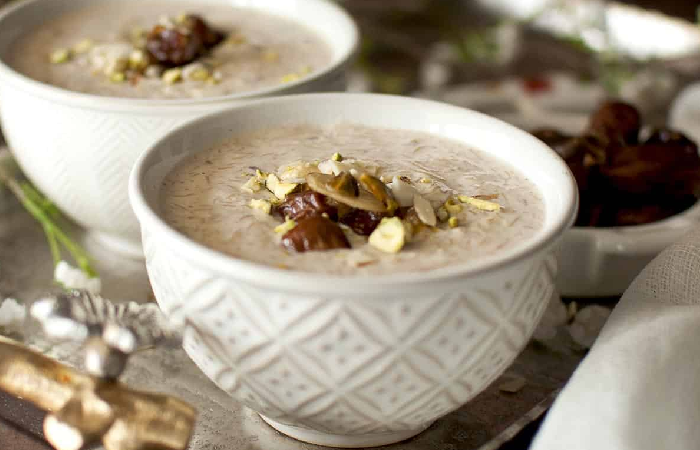
This delicious Mughlai dish is a feast for all senses, and it can be made with ingredients that are readily available in any household.
Preparation:
- Boil milk with sugar.
- Fry sliced Almonds in ghee until light brown and keep aside.
- in the same ghee roast the vermicilli until golden brown .
- Add milk and dates.
- Cook until the vermicilli is soft.
- Garnish with almonds and nuts.
- Your delicious sheer khurma is ready to serve
Reflecting on Ramadan 2024
This holy month of Ramadan is more than just refraining from food and drink; it is a transforming journey that, impacts every aspect of our life.
Lessons and Experiences From Ramadan In General
-
Ramadan is about love, sacrifice, devotion, forgiveness and caring. It is about patience, charity, effort, and one month in a year to try to be a complete human. Gratitude is also very important during Ramadan.
-
It allows us to connect with our inner selves as a group and reflect on the progress we've made toward becoming better people, as well as the work that remains to be done going forward.
-
This month of reflection and sacrifice compels us to think of those who do not have consistent access to food and water throughout the year. To consider our shortcomings in our relationships with others, and to strengthen our bond with the rest of humanity for the sake of Allah.

Carrying Forward The Spirit of Ramadan Into Daily Life
Reflecting on Ramadan involves implementing what we've learnt to the future, not merely reviewing our actions. As we move on, we must carry the spirit of Ramadan with us.
- Maintain the positive attitude that we developed over the holy month.
- Continue to be aware of our thoughts, words, and actions.
- Stay generous and sympathetic to others.
- Keep the light of faith alive in our hearts.
Ramadan holds both religious and personal significance. We meditate, connect with Allah, and spend valuable time with our family and friends. Let us continue in the same mindset even after Ramadan.
Lets stick to Halal and healthy eating and maintain the daily recital of Azkaar and stick to our prayers as well as night prayers to feel more close to Allah Azzawajal and gain His pleasure for the well being of everyone in our life.
Additional Resources
Halal Certification Authorities And Resources
- Islamic Food and Nutrition Council of America
- World Halal Union
- International Halal Accreditation Forum
- Gulf Cooperation Council (GCC) Standardization Organization (GSO)
- The Halal Food Authority
- The Halal Food Council of Europe
- Central Council of Islamic Food Manufacturers
- Saudi Standards, Metrology and Quality Organization

Books and Articles on Ramadan and Halal Practices
Books:
- Ramadan: Motivating Believers into Action - by Laleh Bakhtiar, Ph.D.
- Fasting in Ramadaan as Observed by the Prophet - by Sheikh al-Hilaalee
- Ramadaan Companion: Spiritual Reflections - by Faisal Abdur-Razak
- Fasts as Ordained Before You - by Muhammad Umar Chand
- 5 Things You Can Do To Taste the Sweetness of Ramadan - by Imam Suhaib Webb
Articles:
- https://www.sciencedirect.com/topics/medicine-and-dentistry/ramadan-fasting
- https://www.britannica.com/topic/Ramadan
- https://www.eatright.org/food/cultural-cuisines-and-traditions/holidays-and-celebrations/ramadan-the-practice-of-fasting
https://www.sciencedirect.com/topics/food-science/halal-food
https://www.thehalalplanet.com/what-is-halal/
Community forums and discussion boards for Ramadan 2024 experiences
- The Islamic Forum includes a special Ramadan section for Arabic speakers.
- IslamiCity.com's Urdu forum includes an active Ramadan discussion topic.
- islamsitesi.net provides a Turkish Ramadan forum for Turkish-speaking Muslims.
- Muslim.sg features a Ramadan forum specifically for Malay speakers.
Social Media Groups:
- Look for Ramadan communities that focus on certain topics such as healthy cuisine, Ramadan parenting, or youth experiences on Facebook.
- Use hashtags like #Ramadan2024 or #RamadanReflections to find inspiring posts on Instagram.
- Join the conversation on Twitter with the hashtag #Ramadan2024 and follow Islamic scholars and organizations for daily reminders and insights.
Conclusion
As we reflect on the magnificent month of Ramadan and its impact on our lives, I'd like to invite you, dear reader, to share your own experiences and views! Your voice and opinion are important, and adding to this discourse can benefit us all.
Food has a way of bridging gaps and kindling relationships. Sharing your Halal habits and recipes allows people to get insight into your culture and enjoy its richness.
Let us know what is your favourite dish or special dish for Ramadan as per your area and community. Feel free to share your special recipe with us.
we would also love to hear your own Ramadan journey. whether you are observing Ramadan for the first time or have been fasting for years.
Do share your unique experiences so that everyone could benefit from it.
Halal encompasses more than just food. It's a way of life that prioritizes ethical sourcing, responsible consumption, and community.
Allow your culinary journey to reflect these principles this Ramadan, with each meal being a celebration of love and compassion.
Tell us what themes you'd want to see covered during Ramadan, Halal practices, or Muslim experiences in general. Your feedback allows me to personalize future content to your interests and requirements.
Remember, there are no correct or incorrect responses here. Every perspective is valuable, and your unique voice has the potential to enrich and deepen our collective understanding of Ramadan and its lasting legacy.
So, dear reader, open your heart, share your experience, and let us enjoy the beauty.
